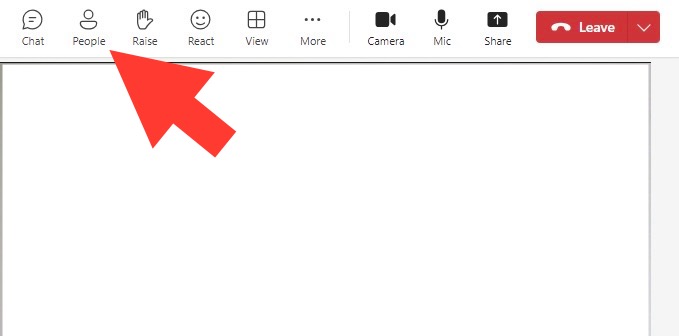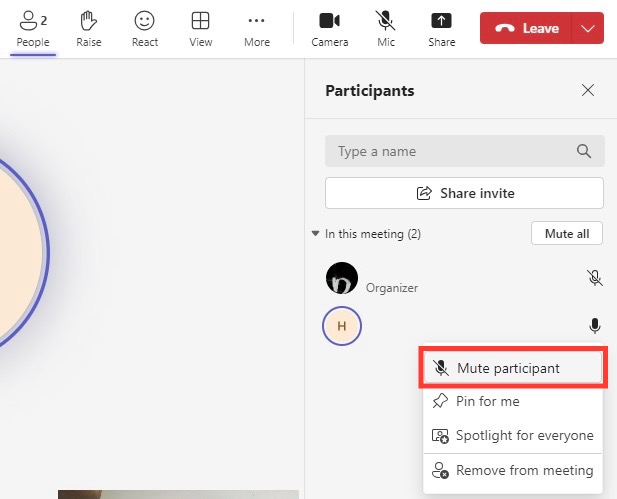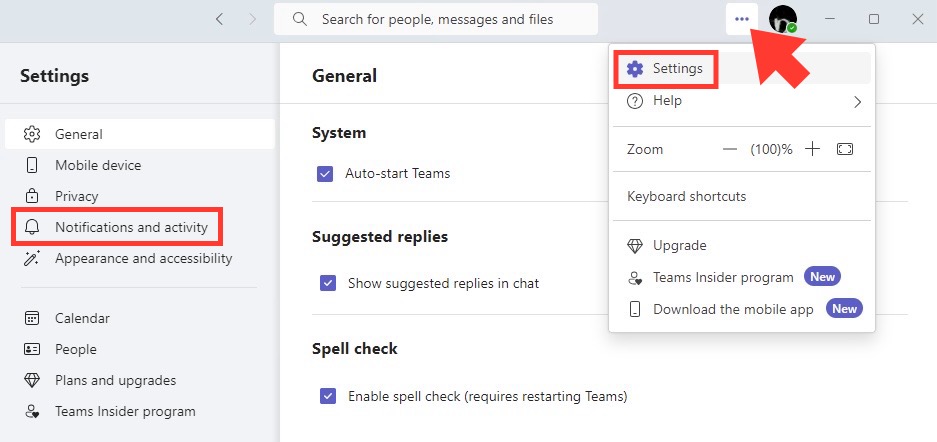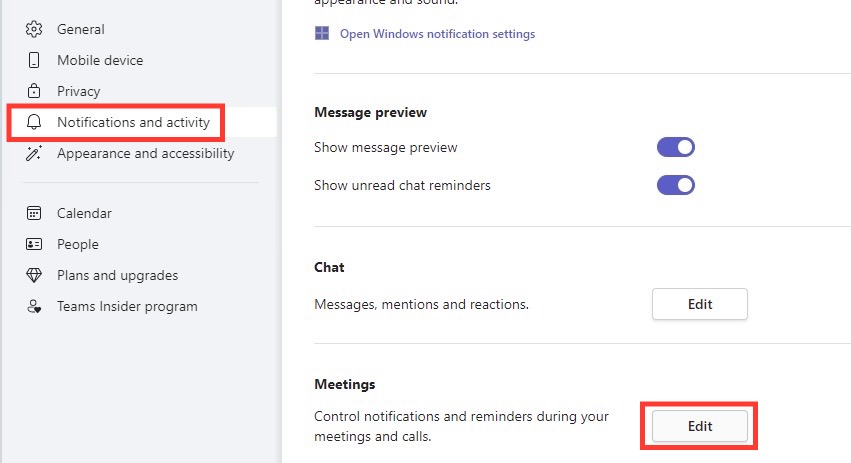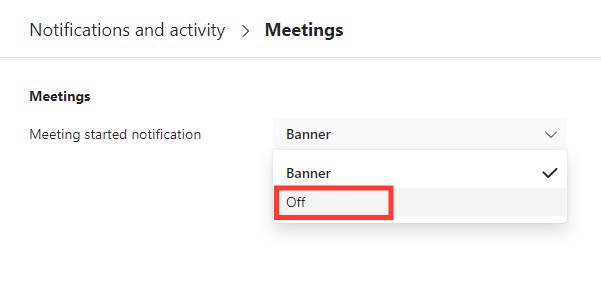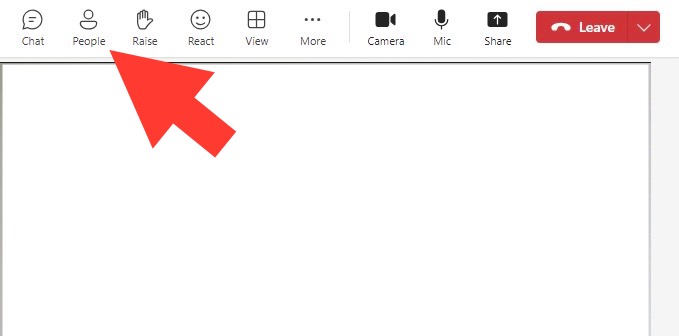

The Importance of Muting for Meeting Productivity
During virtual meetings, the unexpected noise from attendee’s microphones can significantly distract others and disrupt the flow of conversation. By learning how to expertly manage mute on Microsoft Teams, you create a conducive environment that enhances meeting efficiency and productivity.
Download our 141 Free Excel Templates and Spreadsheets!
Key Takeaways
- Keyboard Shortcut: Utilize the convenient keyboard shortcut for muting/unmuting in Microsoft Teams by pressing Ctrl+Shift+M (Windows) or Command+Shift+M (Mac). This provides a quick and easy way to manage your audio during meetings.
- Click on Mic Icon: During a Teams meeting, locate the microphone icon at the bottom toolbar. Simply click on it to toggle between muting and unmuting your microphone. This straightforward action helps maintain control over your audio output.
- Mobile App: Whether you’re on iOS or Android, accessing Microsoft Teams via the mobile app offers seamless muting capabilities. During a call or meeting, tap the microphone icon on your screen to mute or unmute yourself, ensuring effective communication even on the go.
A Brief Overview of Microsoft Teams’ Mute Features
Microsoft Teams equips you with versatile audio control to tailor your meeting experience. Whether you need to silence background noise or give the floor to specific speakers, Teams’ mute feature is designed to help. You can mute your own microphone, silence participants, or adjust notification sounds, ensuring your meetings run without a hitch.
Table of Contents
Mastering Mute: Tips & Tricks for Microsoft Teams
How to Mute Yourself on MS Teams Quickly
Muting yourself on Microsoft Teams is a matter of a simple click or tap. On the desktop, look for the microphone icon at the bottom of the screen and click to mute. For mobile users, tap the screen to reveal the bottom menu and press the Mute button. Remember, doing this before you enter the meeting avoids any accidental audio mishaps.
Muting Others: A Step-by-Step Guide for Presenters
As a presenter or meeting organizer in Microsoft Teams, you hold the power to manage the meeting’s audio environment. When participants’ background noises interfere, follow these steps:
STEP 1: Navigate to the People tab on your meeting screen.
STEP 2: Click on Mute all to silence everyone’s microphones instantly.
STEP 3: To silence specific individuals, find their name, click the three-dot menu next to their microphone icon, and select Mute participant.
Quick tip: Consider adding a co-organizer to handle audio controls, allowing you to focus on presenting. Go to Meeting options and choose Co-organizers.
Avoiding Common Muting Pitfalls
Troubleshooting Unmuting Issues during Meetings
If you find yourself unable to unmute during a Microsoft Teams meeting, don’t panic. Firstly, check if the meeting organizer has restricted unmuting. If that’s not the issue, make sure your microphone is properly connected and recognized by your device. Thirdly, see if your keyboard shortcuts are enabled within Teams’ settings under Settings > Privacy. Lastly, restarting the app or your device often resolves the issue.
Remember, a stable internet connection is crucial for smooth audio functionality. If problems persist, contact Microsoft support for assistance.
Ensuring Privacy with Mute During Sensitive Conversations
Advanced Muting Strategies for Power Users
Keyboard Shortcuts to Mute and Unmute Effortlessly
Embrace efficiency in your Teams meetings with keyboard shortcuts. To swiftly mute and unmute yourself:
- For Mac: Use
Cmd + Shift + Mto mute andOption + Spacefor temporary unmute. - For Windows: Press
Ctrl + Shift + Mto mute andCtrl + Spacefor a quick speak.
Remember to enable the keyboard shortcuts first by going to Settings > Privacy and toggling on the Keyboard shortcut to unmute. With these shortcuts, immediate responses become seamless.
Quick reminder: These shortcuts won’t work if you’re typing in the chat box or an application like PowerPoint Live is active.
Managing Participant Noise in Large Meetings
In large Microsoft Teams meetings, background noise from participants can become overwhelming. Utilize the advanced feature where you can disable mic capabilities for attendees. Here’s how to do it:
- Before the meeting starts, go to Meeting options from your event in the Calendar.
- Toggle Allow mic for attendees to off to prevent them from unmuting themselves during the meeting.
During the meeting:
- Use the Participants tab, click the three-dot icon to access More options.
- Select Disable mic for attendees to maintain control over the meeting’s audio space.
Quick tip: Encourage the use of the hand raise feature to allow participants to signal when they wish to speak, promoting an organized and respectful dialogue.
Customizing Your Audio Controls
Tailoring Notification Settings for Minimal Distraction
Customize your notification settings in Microsoft Teams to minimize distractions during your meetings.
Here’s how to tailor them:
Click on your profile picture at the top right of Teams, then select Settings followed by Notifications.
Go through each section, such as Mentions, Messages, and Other, turning off or reducing the frequency of alerts as desired.
For focused meeting time:
- Activate the option to Mute Notifications During Meetings and Calls. This ensures you will only receive relevant alerts for the ongoing meeting.
Remember: Regularly review your settings as your needs change to ensure ongoing productivity.
Best for: Individuals who participate in frequent meetings and need to concentrate on the matter at hand without the interruption of non-essential notifications.
Setting Up Audio Defaults Before Joining a Meeting
Setting up your audio defaults before joining a meeting can make all the difference in Microsoft Teams. Here’s how to do it for a smoother start:
- Before entering a meeting, click on your profile and select Settings.
- Go to Devices and test your speaker and microphone.
- Check the box for automatically muting your mic when joining a meeting.
- Choose if you want Teams to deactivate your camera by default too.
By personalizing these settings, you can enter meetings with confidence, knowing that your audio won’t unintentionally disrupt the proceedings.
Ideal for: Preparing in advance and maintaining professionalism as you enter meetings, especially useful for large, formal, or external meetings where first impressions count.
Navigating Microsoft Teams’ Multiple Platforms
Mute Controls on Desktop vs. Mobile Devices
Mute controls in Microsoft Teams may vary slightly between desktop and mobile platforms, though both are designed for ease of use.
On Desktop:
-
- Access the mute option directly on the meeting toolbar.
- Keyboard shortcuts let you mute and unmute without clicking.
On Mobile:
-
- Tap your screen to bring up the mute button.
- Due to the compact nature of mobile screens, the interface is simplified.
While both platforms are intuitive, you might find desktop controls provide a bit more versatility for multitasking during meetings.
Useful to know: Regardless of your device, always check your mute status when joining a meeting to avoid unintended interruptions.
Managing Teams Mute Functions Remotely
Managing your mute functions in Microsoft Teams from any location allows for flexible participation in meetings. Here’s how to stay in control remotely:
- Use mobile apps to access mute controls on-the-go.
- Depend on cloud sync to keep your settings consistent across devices.
With the Teams mobile app, you have the power to mute and unmute, as well as control other aspects of the meeting right from your smartphone or tablet.
Especially helpful for: Those who need to remain connected and maintain meeting etiquette while away from their primary workstation.
FAQ: Streamlining Your MS Teams Experience with Mute
Can I mute all participants before entering a meeting?
Yes, you can set up your Microsoft Teams meeting so participants enter muted by default. To do this, adjust the meeting options before the meeting starts, toggling off the “Allow attendees to unmute” option. This way, everyone except presenters will join the meeting with muted microphones.
What if I can’t unmute myself or others in Microsoft Teams?
If you can’t unmute yourself or others in Microsoft Teams, check if the meeting organizer has applied restrictions. Ensure your device’s microphone isn’t disabled, and if necessary, use the troubleshooting option under settings. For persistent issues, restarting the app or contacting Microsoft support may be required.
Are there any shortcuts for muting on different devices?
Yes, Microsoft Teams offers shortcuts for muting: On Windows, use Ctrl + Shift + M to mute/unmute. On Mac, it’s Cmd + Shift + M. To temporarily unmute, Windows users can press Ctrl + Space, and Mac users can use Option + Space. These shortcuts help manage your audio quickly on different devices.


John Michaloudis is a former accountant and finance analyst at General Electric, a Microsoft MVP since 2020, an Amazon #1 bestselling author of 4 Microsoft Excel books and teacher of Microsoft Excel & Office over at his flagship MyExcelOnline Academy Online Course.


